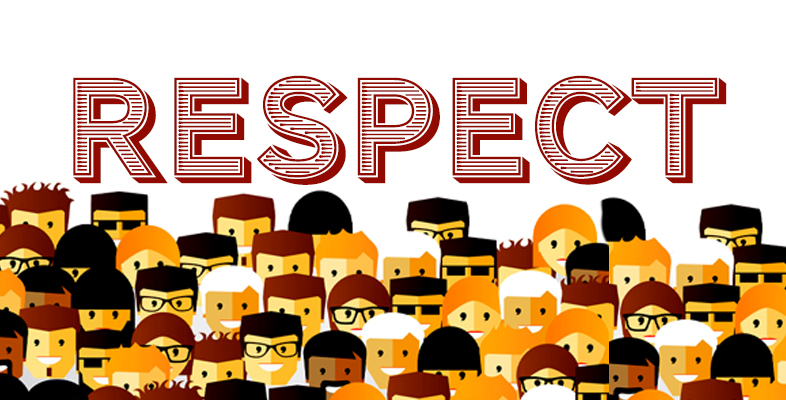4 Dealing with unexpected circumstances
However thoughtfully a researcher (and those advising them) have tried to anticipate issues that might arise to challenge their respectful approach to engaging with stakeholders, including gatekeepers and participants, uncomfortable circumstances can still arise. In order to meet their responsibilities, an ethical researcher will need to respond to these issues.
Activity 7 What would YOU have done?
Read the following four scenarios experienced by the researchers you were introduced to in Session 1. If you were the researchers, what would you do? (If you want to listen to the audios again, return to Session 1, Activity 6 [Tip: hold Ctrl and click a link to open it in a new tab. (Hide tip)] .)
The first two relate to Kate Breeze and the second two to Teresa Cremin.
Scenario 1: Kate became aware that the hourly-paid youth workers she had been researching were not part of the process for revising policy and practice to which she had been invited.
Scenario 2: Kate noticed that the youth workers were put in risky situations when they were working in the outdoor centre which had not been thought about by their employers.
Scenario 3: Teresa became aware that the sharing of writing was a really personal experience and, although the teachers on the course had given consent for the training sessions to be recorded, this might not be something they would feel comfortable with now on the course.
Scenario 4: Teresa had gained consent to include anonymised writings from the teachers in her research reports, but came to appreciate that those on the courses would recognise one another, even if the names of everyone referred to and the author were removed.
Think about:
- What options the researcher had.
- Why you would choose your particular course of action.
- What the researcher could have done to prevent this situation or why they couldn’t have anticipated it.
Discussion
The issues these researchers experienced are common to many researchers working with human participants and organisations. In each case, the researcher was able to discuss these difficult experiences with those in their research setting so that local, constructive solutions were found. To recognise the sensitivities around these issues for those in their research, the researchers made especially sure in their final published work that participants (or, in the case of Kate’s work, also the organisations involved) could not be identified. They applied some of the anonymisation and deidentification techniques covered earlier in this session.

